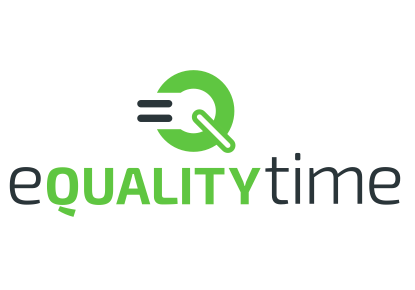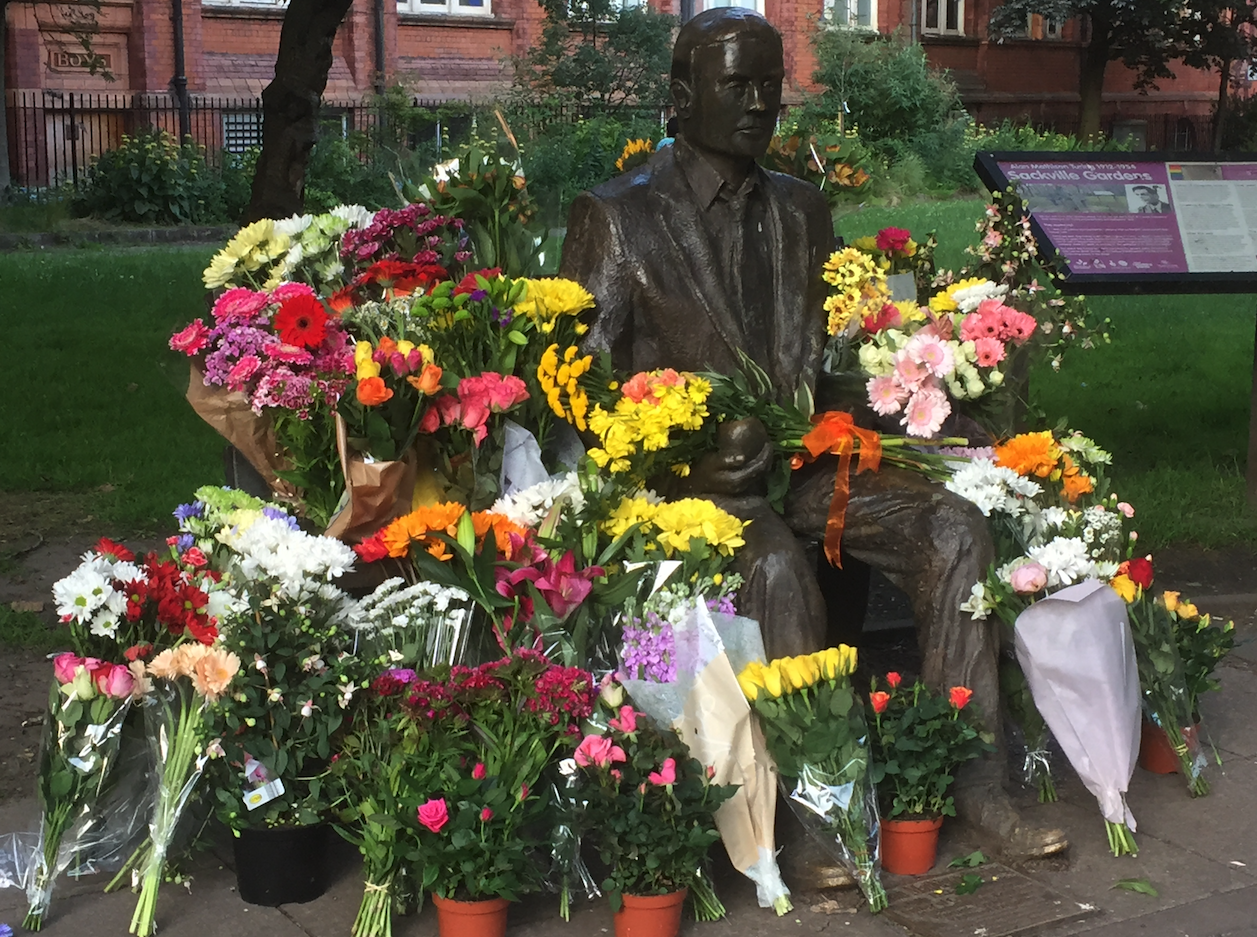I’m delighted to share some research into White Water Writers peformed by one of our experienced leaders.
The executive summary is:
All of us are subject to dominant narratives. These are ideas of what is normal, accepted behaviour and attitudes. Dominant narratives are culturally constructed and resistant to change. Personal narratives are associated with identity and are constructed by ourselves. If personal narratives disagree with dominant ones, psychological distress may be experienced by the individual. One such dominant narrative is that further and higher education may not be suitable for young, working class people in certain geographic locations. The National Collaborative Outreach Programme (NCOP) funds projects which have the aim of widening participation in further and higher education in areas of low participation. One such NCOP funded project is White Water Writers. This is a project that gives groups of young people the opportunity to collaboratively write and publish a novel in a single week, with the intention of raising aspirations in the writers. The idea being: if I can write a book in a week, what else can I do? Previous research into White Water Writers has shown the project has a positive effect on a number of outcomes including locus of control and well-being. The present study sought to evaluate the efficacy of the project by asking the following questions: What are the main themes that the writers tackle in the novels; how do they reflect on the process and what they learnt from it; can White Water Writers raise aspirations in the writers. It did this by analysing the books for themes, and interviewing the writers and staff members. Two main themes were identified: diversity and connectivity. It was found that culturally constructed, dominant narratives clashed in the books with personal narratives. It was also found that the writers explored aspects of themselves, using fiction as a safe place to experiment with new ideas and to say things they would not ordinarily be comfortable saying as themselves. Moreover, it was found that writers’ confidence was increased by taking part and that they felt more able to achieve other goals in life, including academically.
…and you can read the full paper here.







Equality Time
Practical Expectations
eQuality Time trustees set the direction of the charity and make sure that it’s work is done well, and properly.
They read a written report every two weeks, and set up a 30 minute meeting by Skype each month so they can make decisions and question the Chief Operating Officer. Minutes of past meetings are here. Once a year there is a longer meeting. So they can check any details at any time they have full access to all eQuality Time working files.
The most practical job of trustees is to check payments from our bank account (for which they get all the supporting evidence).
Sometimes Trustee help is requested for particular projects – one is an expert in Software Engineering and one in Creative Writing, and they are often asked for help in those areas of expertise. Similarly trustees with lived experience of issues like disability and mental health issues guide us in relevant projects.
The Law
Trustees must familiarise themselves with all parts of our articles of incorporation and must accept ultimate responsibility as appropriate for directing the affairs of the charity, and ensuring that it is solvent, well run and delivering its charitable outcomes for the benefit of the public.
Useful notes
The current Chair of eQuality Time is Clare Walsh
The current Secretary and COO of eQuality Time is Joseph Reddington.